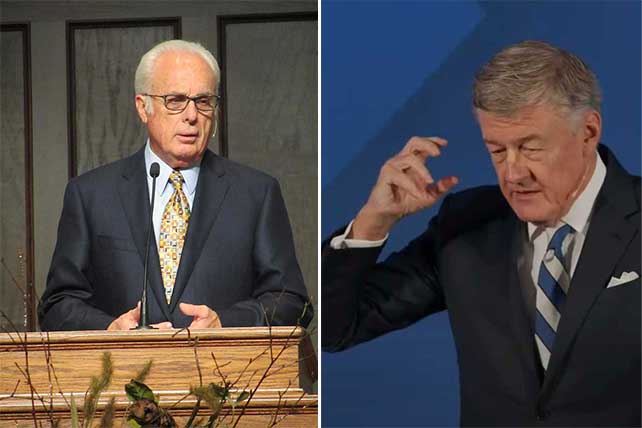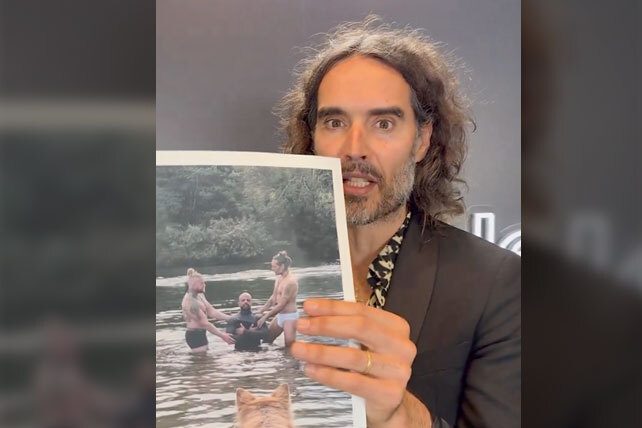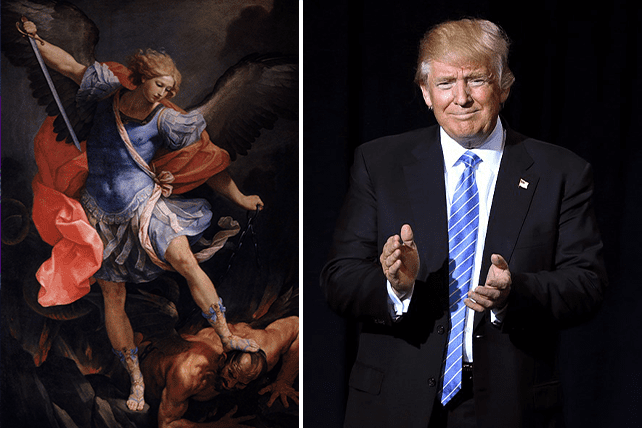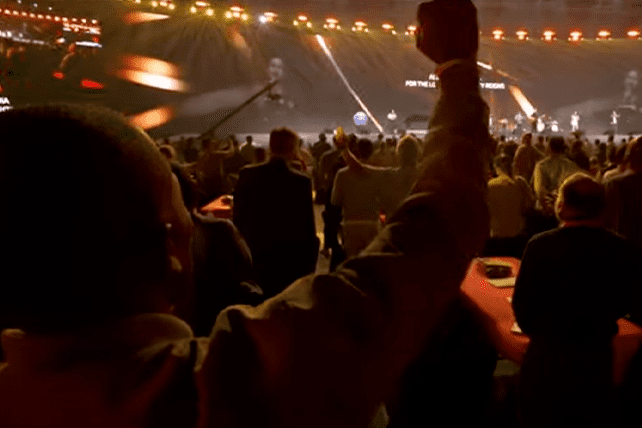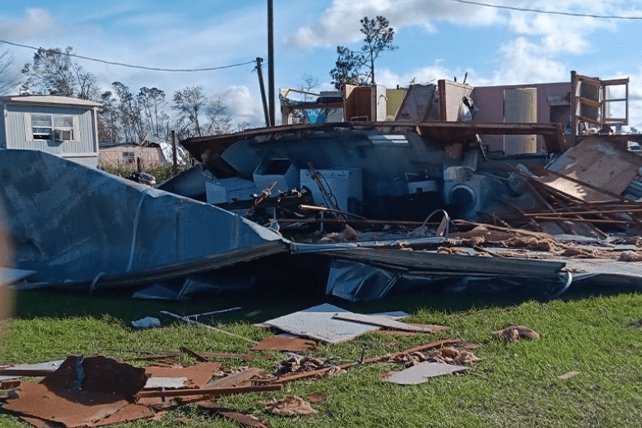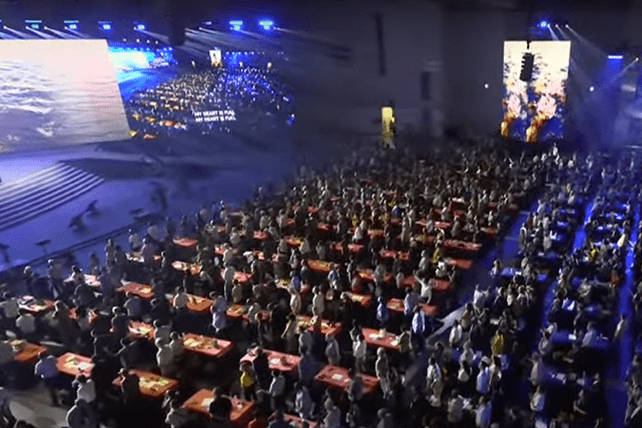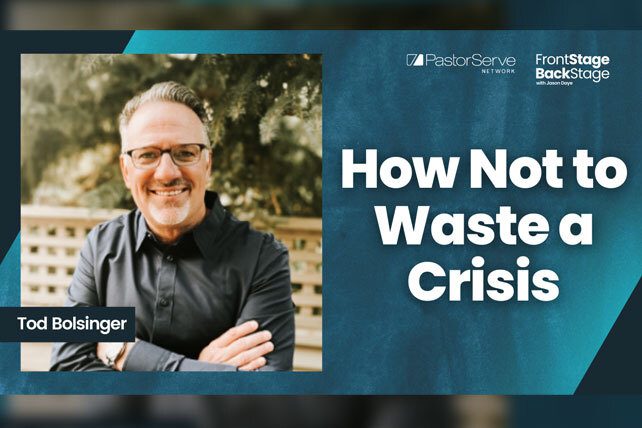Editor’s note: This article is part of forum discussing the fourth Lausanne Congress. It is not an official Lausanne Movement forum but an opportunity for Lausanne delegates to share their thoughts about the fourth Lausanne Congress, the Seoul Statement, and the future of the mission. You can read the entire series, from diverse voices around the world here.
I’ve often said that history doesn’t repeat itself, but it does often rhyme.
By this I mean that if we want to understand how the future will unfold, we need to be diligent students of the past. If we don’t pay careful attention to learn from both the wisdom and mistakes of generations before us, we will likely repeat those same mistakes time and again.
As we look at the history of the modern Christian mission movement over the course of the twentieth century, we see a history marked out by ecumenical gatherings convened around the world for the purpose of bringing clarity, consensus, and fostering cooperation throughout the body of Christ. When leaders from around the world gathered for the 1910 meeting of the International Missionary Conference in Edinburgh, Scotland (a congress that is often cited as the inauguration of the modern mission movement), the mission leaders in the room were so convicted over the centrality of evangelism to the Church’s identity and responsibility in mission, that at the request of John Mott, they dreamed together over how to evangelize the world in their generation.
Over time additional global meetings were convened—Tambaram (1928), Willingen (1952), and New Delhi (1961)—and significant progress was made in global mission thought and work. The dominant view of a “From the West to the Rest” approach to missionary work was replaced by one that was more mutualist, emphasizing the cultural particularities in cross-cultural mission work. But the primacy role of evangelism also waned significantly from through these gatherings, causing many evangelicals to express concerns that there was such an overemphasis Ion justice and mercy work in our mission theology that the centrality of actual gospel proclamation was being lost. This caused many evangelicals to feel left in a place of liminality.
The Lausanne Movement was formed, in part, to address this shift. As I emphasize with my students each year at both Wycliffe Hall and Talbot School of Theology, where I teach a class in Oxford on these issues each May, the initial impetus that drew Lausanne’s founders together was a concern that the mission/s movement that came before it lost its focus on evangelism and experienced significant theological drift.
The Birth of the Lausanne Movement
Lausanne wasn’t created in a vacuum and before 1974, there was 1966.
Gathering the World Congress on Evangelism in Berlin, Billy Graham cast a vision for evangelicals that founded upon the centrality of evangelism in the mission of the church when he said,
I am convinced if the church went back to its main task of proclaiming the gospel and getting people converted to Christ, it would have a far greater impact on the social, moral, and psychological needs of men than any other thing it could possibly do. Some of the greatest social movements of history have come about as the result of men being converted to Christ.
This conference ignited a conversation that, eight years later, produced a gathering of 2,700 delegates representing 150 nations gathered in Lausanne, Switzerland, to unite evangelicals for the evangelism of the world under the theme, “Let the Earth Hear His Voice.” It was through a common conviction for the priority of the evangelistic task that evangelicals from around the globe united to form the Lausanne Committee on World Evangelism (i.e., the Lausanne Movement).
Common Mission, Different Views
This doesn’t mean that the Lausanne Movement has complete consensus on the relationship between the proclamation of the gospel and the demonstration of the gospel. There have always been room for people like Billy Graham who saw evangelism as the chief concern of the church, or of David Bosch who viewed gospel proclamation and demonstration as “seed relates to fruit; evangelism remains primary but it generates social involvement and improved social conditions among those who have been evangelized.”
Lausanne has also been a movement deeply influenced by leaders like René Padilla, Samuel Escobar, and Orlando Costas who argued for a more integrative shape of mission which holds proclamation and demonstration as inextricably linked and equally important.
And, of course, John Stott at the 1966 Berlin congress sympathized more with Graham but later came to argue for the holistic mission advocated for by Padilla and others. Still today there exist a wide range of nuanced missiological perspectives on the relationship between evangelism and justice work and Lausanne has managed throughout its existence to hold this tension, though imperfectly at times, for the sake of evangelical unity and participation in mission. This is stated most succinctly in the rallying cry of Lausanne: “Let the Church declare and display Christ together.” This cry encapsulates the tension of the nuanced views within its movement while underscoring our common bonds in the word together.
Understanding Integral Mission
What has been characteristic of the missiology of Lausanne over the last half century has been its unwavering commitment to “integral mission.” Lausanne defines integral mission as, “‘the task of bringing the whole of life under the lordship of Jesus Christ and includes the affirmation that there is no biblical dichotomy between evangelistic and social responsibility in bringing Christ’s peace to the poor and oppressed.” Integral mission is the conviction that declaring and displaying the gospel are inextricably linked. Separating them is like trying to separate God’s love from his holiness—it simply cannot be done. Lausanne promotes this holistic view, ensuring that the gospel is both declared in words and lived out through actions.
Integral mission is a crucial evangelical imperative because it recognizes that the often-made distinction between what is “physical” and what is “spiritual” (i.e., immaterial) is theologically errant. Christ has come to save the whole of a person, body and soul alike. Integral mission restores the credibility of the church’s witness by addressing injustice and poverty alongside spiritual conversion and transformation. This is the promise of the resurrected Christ to which our gospel preaching testifies. It recognizes that the Jesus took on flesh and performed works of healing and mercy and service while speaking of declaring that the kingdom of heaven was at hand—and calling men and women to follow him. The two go hand in hand and must never be separated.
It calls us to consider the ditches on either side of the missional journey—an irrelevant gospel on one side only concerned with the saving of the soul and disregard for the plight of the person, and an anemic gospel on the other side concerned only with the temporal condition and disregard for the promise of eternal life in relationship with Christ. We journey on mission with Jesus keenly aware of the perils of these two ditches, keeping in mind the words from the second Lausanne Congress in 1989 in Manila: “The authentic gospel must become visible in the transformed lives of men and women. As we proclaim the love of Christ, we must be involved in loving service, as we preach the kingdom of God we must be committed to the demands of justice and peace.”
The Perils of Repeating the Past
I’ve often used the analogy that gospel proclamation and gospel demonstration are the two big rocks of Christian mission. Both are essential, and one cannot be emphasized at the expense of the other. Jesus’ message of good news was accompanied by acts of mercy and healing, a model for the church’s mission today. The nascent Christian church went out from the upper room at Pentecost under the power of the Spirit proclaiming the gospel and demonstrating the gospel—both in their acts of service and generosity and in demonstrations of the Spirit’s power in healing and deliverance as a testimony to the truthfulness of the gospel those early Christians proclaimed. This reflects the Lausanne call to “declare and display Christ together.”



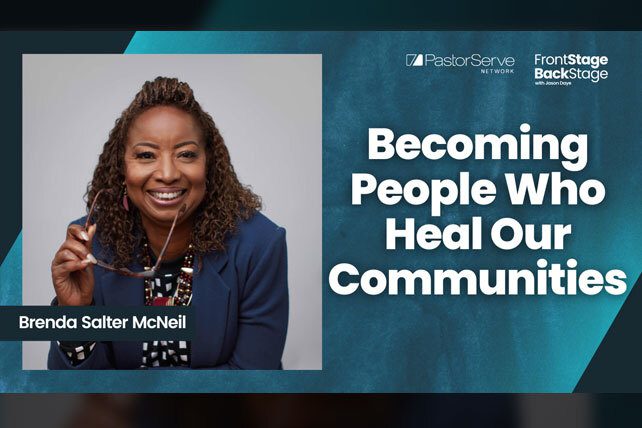
 As a ministry leader, have you ever noticed the brokenness of the neighborhoods and communities around you and had a desire to help, but were unsure where to start or maybe even fearful that you might make a mistake? In this week’s conversation on FrontStage BackStage, host Jason Daye is joined by Brenda Salter McNeil. Brenda is the director of the Reconciliation Studies Program at Seattle Pacific University. She’s also an associate pastor of preaching and reconciliation at Quest Church in Seattle. She’s a dynamic speaker, an award-winning author, and her latest book is titled “Empowered to Repair.” Together, Brenda and Jason look at some of the challenges and opportunities we have as local ministry leaders to help mend broken systems and bring healing to our communities. Brenda shares practical steps as we reflect on the story of Nehemiah on how we, as local ministry leaders, can help usher in healing in our communities and neighborhoods.
As a ministry leader, have you ever noticed the brokenness of the neighborhoods and communities around you and had a desire to help, but were unsure where to start or maybe even fearful that you might make a mistake? In this week’s conversation on FrontStage BackStage, host Jason Daye is joined by Brenda Salter McNeil. Brenda is the director of the Reconciliation Studies Program at Seattle Pacific University. She’s also an associate pastor of preaching and reconciliation at Quest Church in Seattle. She’s a dynamic speaker, an award-winning author, and her latest book is titled “Empowered to Repair.” Together, Brenda and Jason look at some of the challenges and opportunities we have as local ministry leaders to help mend broken systems and bring healing to our communities. Brenda shares practical steps as we reflect on the story of Nehemiah on how we, as local ministry leaders, can help usher in healing in our communities and neighborhoods.